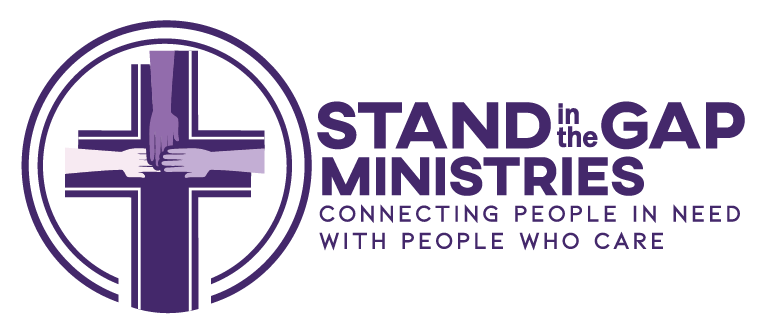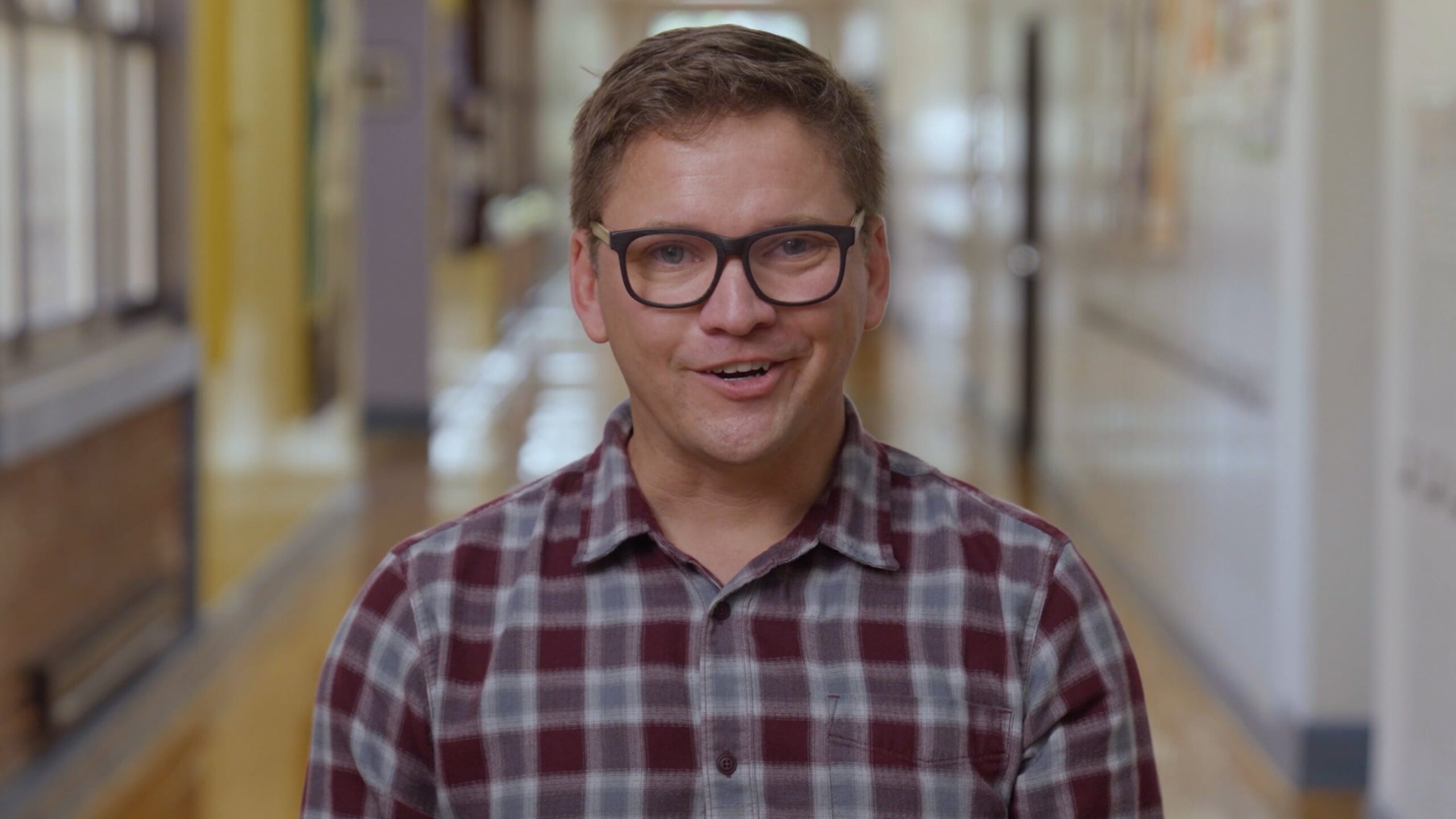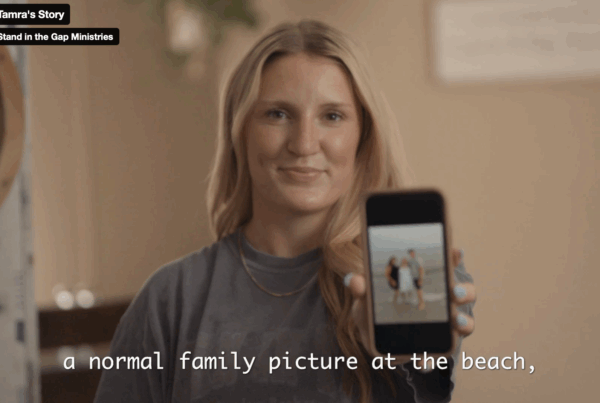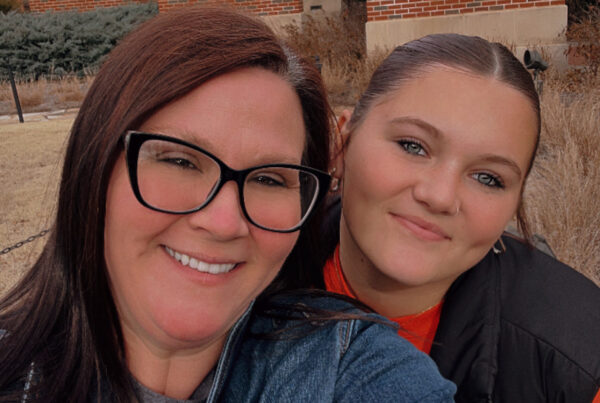"One of the unique things we see in Life Launch mentors is that they meet students where they're at and try to figure out where they want to go and what their plan is. It's a new spark of hope for our difficult cases."
Scott
Phoenix Rising Alternative School
This Is Scott
Scott Ferris is the Administrator of Phoenix Rising Alternative School, one of our Life Launch program’s most significant partner organizations. Because of the relationship we’ve developed with Phoenix Rising, young adults have access to quality education AND the interpersonal support they’ll need after they graduate.
You’ve already heard about “Life Launch 2.0”; our strategy to improve the program in 2025. We are going even deeper into partnership with Phoenix Rising, Tulsa Boys Home, and Street School to provide full, well-rounded support to the young adults we serve.
This is what it looks like when we work together!
My name is Scott Ferris. I’m the administrator of Phoenix Rising Alternative school, which is a school for students who have had any sort of trouble at any other school and are looking to graduate.
Many of our students face homelessness, substance abuse, family problems, academic problems, or learning disabilities. A lot of them are experiencing mental health issues. Students also are pregnant and parenting and dealing with a lot of grief and loss.
On Screen: Stand in the Gap joined forces with Phoenix Rising to offer Life Launch, our small group mentoring program for young adults, to students in the school.
Well Life Launch is unique from many of the other mentoring programs because of their great training that they do. For the mentors, especially, having that trauma-informed lens to work with students, I think is way better for the mentors, but also for the students. Because it can be kind of tough to connect with someone who might have some defense mechanisms up because of their experiences in life. And as a mentor, who just wants to come in and connect with someone, knowing that it’s going to be more challenging, and having the tools to get through that time, is just incredible.
One of our students, Catherine, when she came to us, was having such a hard time connecting and she shared how hard it was to be in public spaces, to be in a school around other peers, around her teachers. Some days were better than others, but when the days were bad, she wouldn’t show up oftentimes. At one point, she wasn’t even answering our calls when we were calling.
When she had a Life Launch team, they were able to be that third party. She would answer their calls. So, that team was letting us know, ‘Hey, we got ahold of her and here’s what’s going on and here’s our plan.’
And through kind of slowly, baby-stepping through some goals and some support, she started showing up an hour at a time, and then 2 or 3 hours at a time, and then, hey, she was here all day. She was participating in programing.
Just having those supports outside of here that connected with the school in a real way was the key. We find that one of the biggest factors in healing from trauma, as a child becoming adult, is having a positive adult in your life.
With our student, Milo, when he got a Life Launch team, I think he was really excited about it. The year of his graduation he was working really hard to get through, and some really big stuff came up with his living situation, so much so that he didn’t know if he’d have a place to stay. I remember sitting with him in a parking lot at 8 p.m. kind of just trying to figure out what we’re going to do. At that moment that he got a call on his cell phone. And I’m like, ‘Who’s this?’ It was one of his mentors from his Life Launch team. And just watching his face light up… He was in the pit of despair and this light came on and this bit of hope, I just saw it wash across him. He went from being extremely anxious and nervous about what was going on to feeling like, ‘Hey, I got this.’
I think it really shows how important it is to have that unpaid person in someone’s life. I mean, I kind of had to be there, right? I was doing a job. But that phone call was from someone who cared beyond a job.
It was really in that moment that I felt a little bit more supported by Life Launch as well, because I felt not as alone in my role supporting Milo.
From that point on, he really maintained that hope, despite more bumps before graduation. But he kept it together and he graduated. One of the unique things we see in Life Launch mentors is that they meet students where they’re at and try to figure out where they want to go and what their plan is.
It is a new spark of hope for our difficult cases. It’s the difference that makes the difference sometimes in our students’ lives.
Join us at Mission Meet Up on July 22
to get to know our Life Launch program and find your spot in the story.




